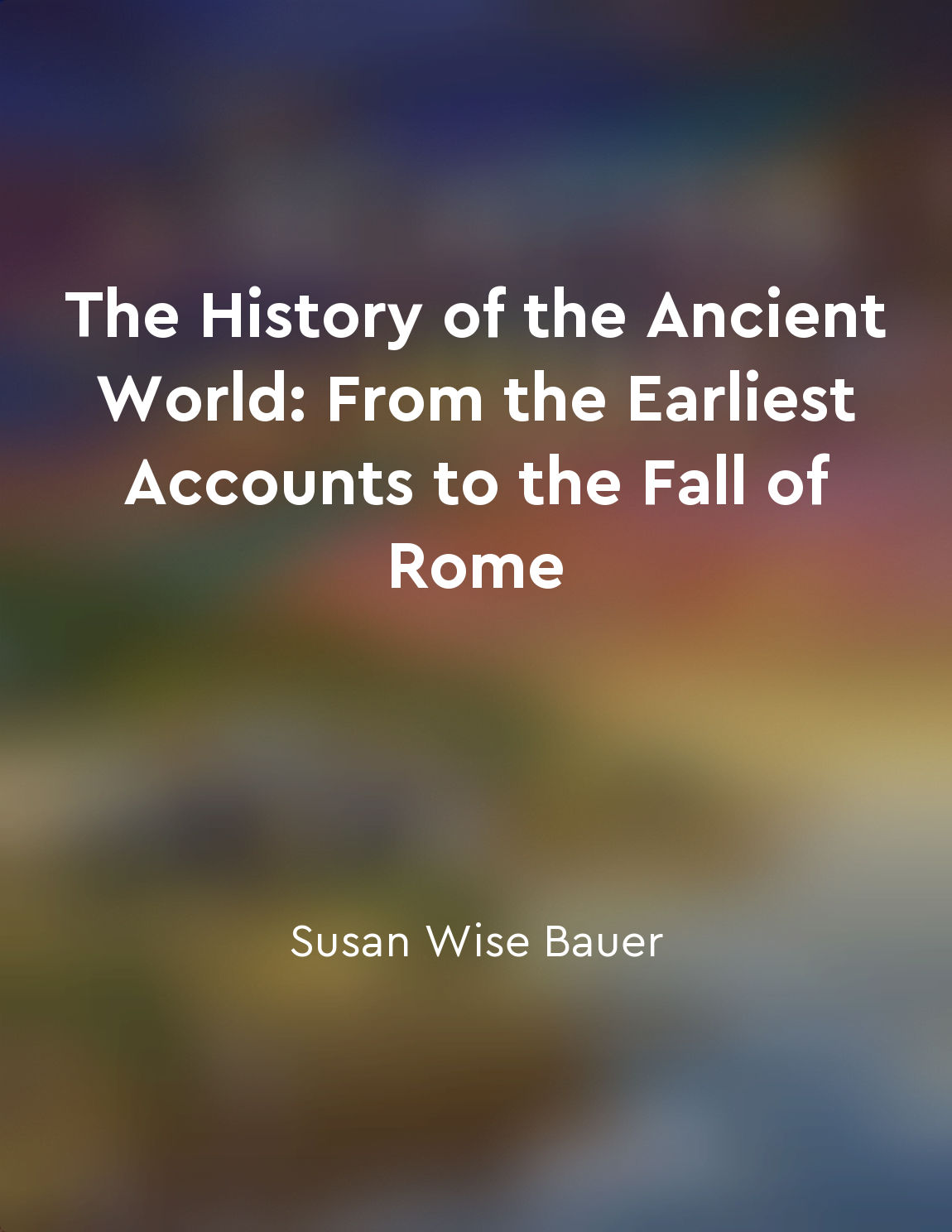Rome's sack by the Visigoths from "summary" of City of God by Saint Augustine (of Hippo)
In the year 410 AD, Rome experienced a devastating event that shook the foundations of the Empire. The Visigoths, under the leadership of Alaric, breached the walls of the eternal city and unleashed a wave of destruction and chaos upon its inhabitants. The once mighty capital of the world was now at the mercy of barbarian invaders, who pillaged and plundered with reckless abandon. The sack of Rome by the Visigoths was a momentous event that sent shockwaves throughout the Empire. The very heart of Roman civilization had been violated, and the citizens were left reeling in disbelief at the sight of their beloved city in ruins. The temples and palaces that once stood as symbols of Roman power and glory were now nothing more than smoldering rubble. The sack of Rome was not just a physical attack on the city, but a spiritual and psychological blow to the people as well. The Romans had long prided themselves on their strength and superiority, believing that their city was impregnable and their empire invincible. However, the events of 410 AD shattered these illusions and exposed the vulnerability of Rome to external threats. The sack of Rome by the Visigoths was a turning point in the history of the Empire, marking the beginning of the end for the Western Roman Empire. The once mighty power that had dominated the known world for centuries was now on the brink of collapse, as internal strife and external enemies threatened to tear it apart. In the aftermath of the sack of Rome, many Romans turned to the Christian faith for solace and guidance. The traditional gods and goddesses of Rome had failed to protect the city from destruction, leading many to question the validity of the old pagan beliefs. The rise of Christianity as a dominant force in Roman society was in part a response to the trauma of the sack of Rome, as people sought comfort in a new and more hopeful worldview. The sack of Rome by the Visigoths was a watershed moment in the history of the Roman Empire, signaling the beginning of the end for one of the greatest civilizations the world has ever known. The once proud city of Rome lay in ruins, its streets littered with the debris of a once mighty empire. The events of 410 AD would be remembered for generations to come as a stark reminder of the fragility of human power and the impermanence of earthly glory.Similar Posts
The division of the empire led to internal strife
The division of the empire into two separate entities, the Eastern and Western Roman Empires, inevitably led to internal strife...
Gibbon's analysis of Rome's decline remains a seminal work in historical literature
Edward Gibbon's analysis of Rome's decline is a foundational text within the realm of historical literature. Through his meticu...
The fall of Rome was a gradual process, not a sudden event
The downfall of Rome was not a swift occurrence, but rather a gradual decline that unfolded over several centuries. The Roman E...
Rise of Christianity
The progress of Christianity was at first very slow and almost imperceptible. The new sect was confounded with the various form...

Discuss the evolution of political systems and hierarchies
The development of political systems and hierarchies in ancient societies was a gradual process that evolved over centuries. In...
The spread of slave revolts undermined Roman stability
The Roman Empire faced numerous challenges that threatened its stability, one of which was the spread of slave revolts. These r...
